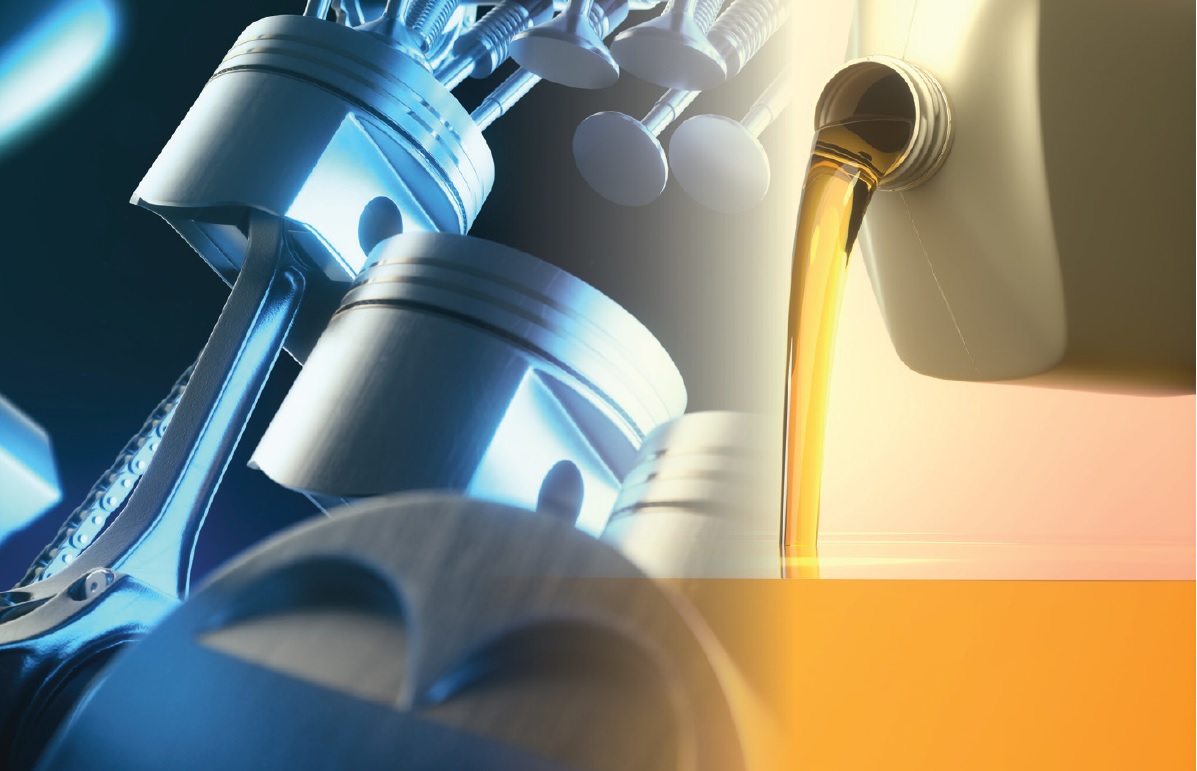Introduction
Modern vehicles demand superior performance, fuel efficiency, and engine longevity. Automotive additives meet these demands by optimizing various systems. From improving fuel combustion to reducing engine wear, additives ensure vehicles run smoothly under all conditions.
1. What Are Automotive Additives?
Automotive additives are specialized chemical compounds added to lubricants, fuels, or other fluids. They improve vehicle performance, enhance durability, and reduce environmental impact.
These additives address specific issues such as fuel quality, engine deposits, and wear resistance. By working at a molecular level, they deliver benefits beyond standard lubricants or fuels.
2. Enhancing Engine Efficiency and Protection
The engine is the heart of any vehicle. Additives play a vital role in keeping it clean and protected from damage.
How Additives Work:
- Reducing Friction: Lubricant additives form protective films that minimize metal-to-metal contact.
- Preventing Deposits: Detergents in oil additives clean harmful carbon deposits.
- Improving Lubricity: Additives maintain oil viscosity for smooth engine operation.
Engines protected by additives experience less wear, ensuring longer life and consistent performance.
3. Boosting Fuel Efficiency
Fuel economy is a critical concern for drivers and manufacturers. Fuel additives help optimize combustion and improve energy output.
Key Benefits:
- Cleaner Combustion: Additives remove deposits in fuel injectors, improving fuel spray patterns.
- Reduced Fuel Consumption: Optimized combustion leads to better mileage.
- Emission Control: Additives lower harmful emissions by improving fuel burn efficiency.
With improved fuel efficiency, drivers save money while reducing their carbon footprint.
4. Extending the Life of Vehicle Components
Automotive additives protect more than just the engine. They extend the life of other essential vehicle components.
Applications in Vehicle Systems:
- Transmission Systems: Additives reduce friction and wear in transmission fluids.
- Cooling Systems: Corrosion inhibitors in coolants prevent rust and scale buildup.
- Braking Systems: Hydraulic additives ensure smooth and efficient braking performance.
By reducing wear and tear, additives minimize costly repairs and maintenance downtime.
5. Reducing Harmful Emissions
With stricter environmental regulations, emissions control is vital for vehicle performance. Additives address this challenge directly.
Emission-Reducing Additives:
- Combustion Improvers: These additives ensure complete fuel burn, reducing unburned hydrocarbons.
- Detergents: Cleaner engines produce fewer emissions due to efficient operation.
- Catalyst Compatibility: Additives maintain compatibility with emission-reducing technologies.
As a result, vehicles meet regulatory standards while minimizing environmental impact.
6. Preventing Corrosion and Oxidation
Over time, vehicle fluids and components face corrosion and oxidation challenges. Additives act as protective agents.
How They Protect:
- Corrosion Inhibitors: These additives form barriers that shield metal surfaces.
- Antioxidants: By stabilizing fluids, antioxidants prevent breakdown caused by oxidation.
- Rust Prevention: Additives ensure internal components remain rust-free, even in harsh environments.
By preventing damage, additives enhance vehicle reliability and performance.
7. Improving Performance Under Extreme Conditions
Vehicles often operate in harsh conditions, from intense heat to freezing temperatures. Additives ensure performance remains unaffected.
Extreme Condition Benefits:
- Temperature Stability: Additives maintain fluid performance in hot and cold weather.
- Pressure Resistance: Additives protect components under heavy loads and high pressures.
- Anti-Foaming Agents: These additives prevent fluid foaming, ensuring consistent performance.
By stabilizing fluids, additives help vehicles perform reliably in any environment.
8. Types of Common Automotive Additives
Additives are tailored for specific uses, ensuring every vehicle component operates efficiently.
Popular Additive Types Include:
- Detergents: Keep engines clean by dissolving deposits.
- Anti-Wear Agents: Protect engine parts from metal-to-metal contact.
- Friction Modifiers: Reduce friction for improved fuel economy.
- Corrosion Inhibitors: Prevent rust in engines and fuel systems.
Each additive type delivers targeted benefits to enhance overall performance.
Conclusion
Automotive additives are essential for enhancing vehicle performance, efficiency, and longevity. They protect engines, optimize fuel usage, and ensure reliable operation in extreme conditions. As technology advances, additives will continue to play a pivotal role in sustainable and high-performing vehicles.
By investing in quality additives, drivers and manufacturers benefit from reduced wear, better fuel economy, and lower emissions. The result is a cleaner, more efficient future for the automotive industry.

